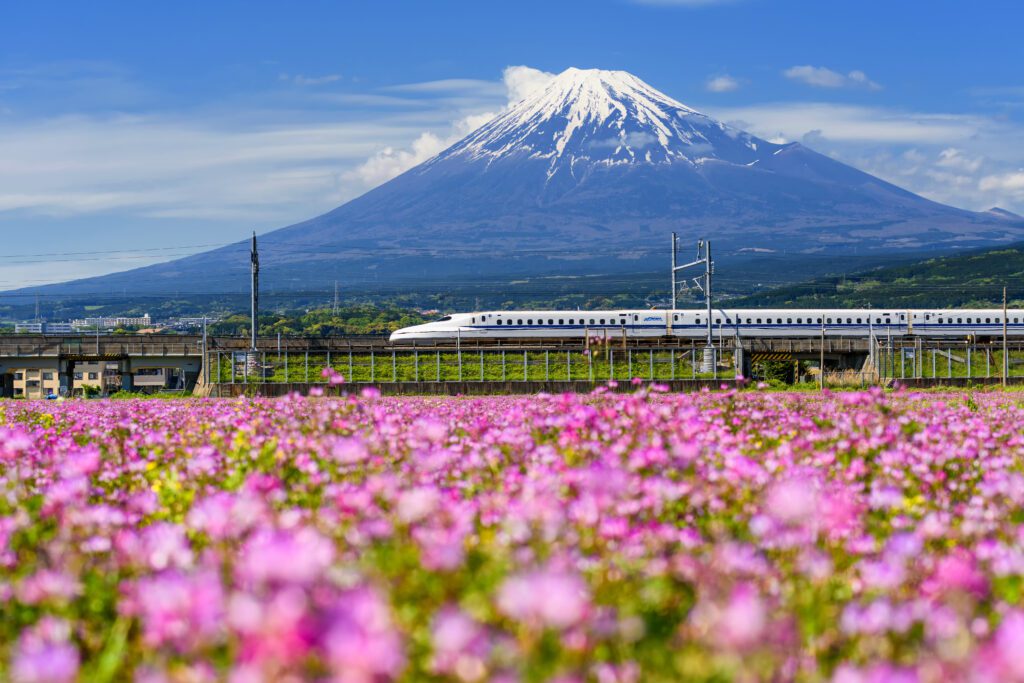In a country where punctuality is practically a national sport, Japan’s Shinkansen bullet trains are the undisputed champions.
With average delays measured in seconds per year, these sleek marvels of engineering have become symbols of efficiency, pride, and — as one recent incident revealed — humility.
It was a crisp morning in Shiga Prefecture when a West Japan Railway conductor made a seemingly minor error: he departed Notogawa Station 35 seconds ahead of schedule. In most countries, this would barely register. In Japan, it triggered a formal apology, a press release, and a ripple of astonishment across global media. One passenger missed the train, complained, and the company responded with what many called “an inexcusable inconvenience”.
The Shinkansen, introduced in 1964 to coincide with the Tokyo Olympics, revolutionised rail travel. Capable of speeds exceeding 300 km/h, it connects cities like Tokyo, Osaka, and Kyoto with surgical precision. But it’s not just the speed that impresses — it’s the culture surrounding it. Conductors bow upon entering carriages. Attendants rotate trolleys with choreographed grace. And when a train is late — even by seconds — apologies are swift, sincere, and sometimes accompanied by refunds.
This particular incident wasn’t isolated. In 2017, the Tsukuba Express line issued a public apology for departing 20 seconds early. No passengers complained, but the company felt the deviation warranted remorse. It’s a reflection of Japan’s deep-rooted respect for time, order, and customer service — values that permeate everything from train schedules to tea ceremonies.
Why does this matter to travellers? Because the Shinkansen isn’t just a mode of transport — it’s an experience. It’s where you sip green tea while Mount Fuji glides past your window. It’s where silence reigns, phones are muted, and seats swivel to face the direction of travel. It’s where a 35-second discrepancy is not brushed off, but addressed with dignity.
For business travellers and luxury seekers alike, the Shinkansen offers more than speed — it offers reliability, grace, and a glimpse into a society where precision is a virtue. And in a world where delays are often met with shrugs, Japan’s railways remind us that sometimes, being 35 seconds early is still too late.


